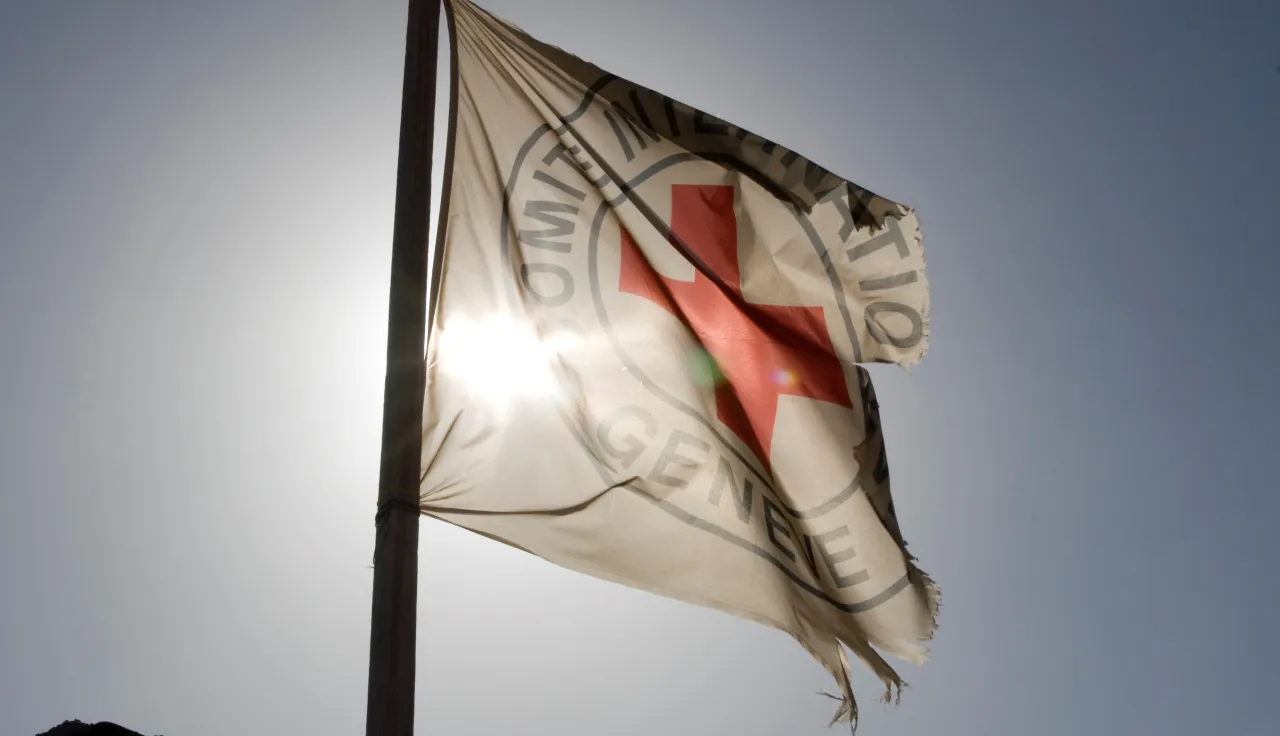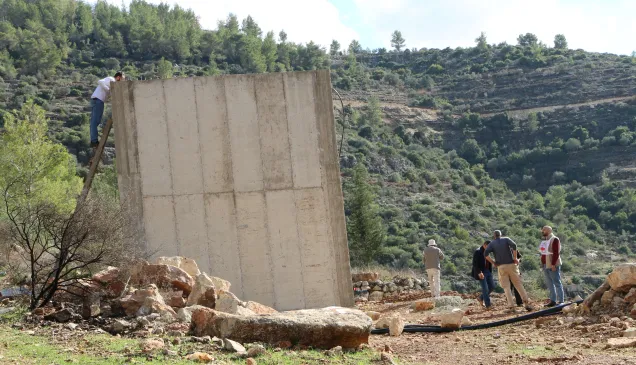The number of patients received over this period (933 cases, including 41 that were declared dead upon arrival) is higher than all mass casualty incidents over the twelve months prior combined. A majority of patients from the recent incidents said they had been trying to reach assistance distribution sites.
Medical personnel are struggling to cope with the overwhelming number of patients arriving at the field hospital. They are working to save patients under constant exposure to stray bullets, endangering the safety of those providing and receiving medical care. This puts the field hospital’s very capacity to operate in jeopardy.
The unprecedented pace at which such high numbers of patients are arriving at the hospital and requiring immediate intervention has strained and exhausted staff. Supplies are being used faster than they can be replenished.
“We continue to receive high numbers of patients on a daily basis, and we are forced to put patients anywhere there is space - stretchers are on the floor,” said Grace Osumo, Hospital Programme Manager.
Recent days have also seen an increase in hostilities around the few remaining and functional hospitals. This has made patient transfers between facilities increasingly challenging, and in many cases, patients cannot receive the intensive or specialized care they require.
Under international humanitarian law, wounded patients must receive the medical care and attention required by their condition as soon as possible. To this end, medical facilities must be respected and protected. It requires taking all feasible steps to support their work, ensure their safety, and guarantee that they are not deprived of vital resources needed to carry out their work.




